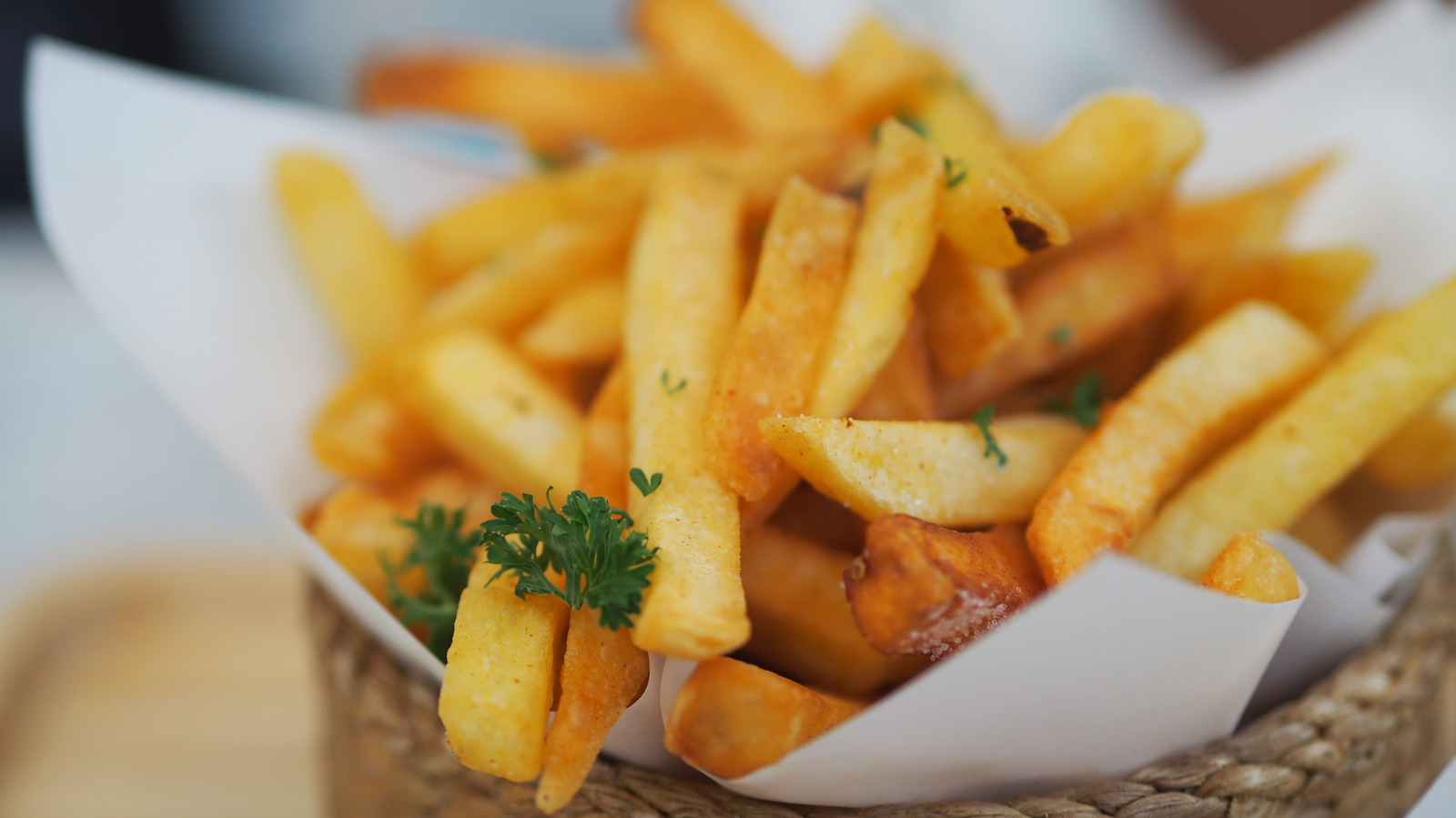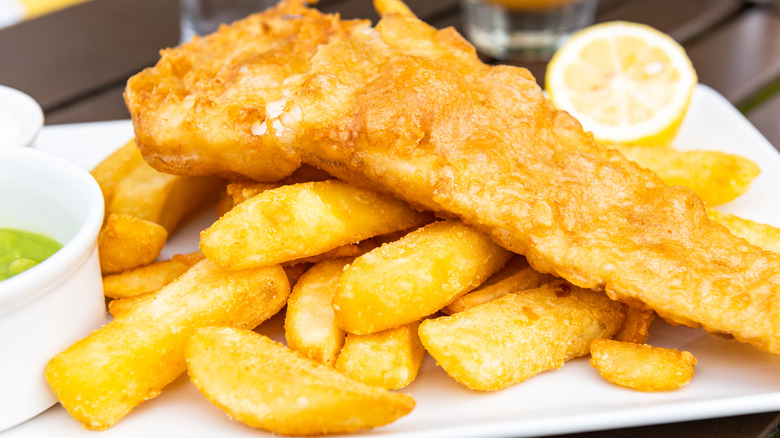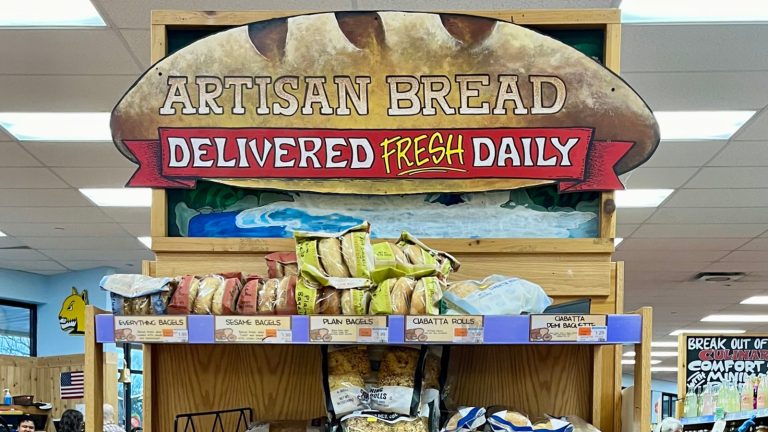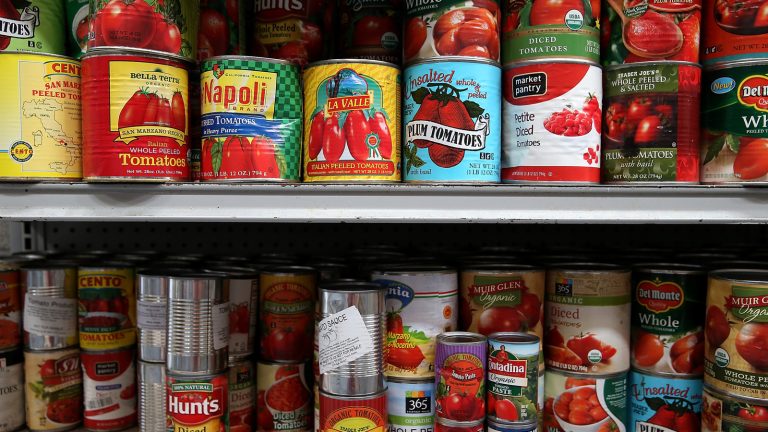Both the United States and Britain have foods referred to as chips. And both of them are made of fried potatoes. But they’re not the same thing: In the U.K., ordering chips at a restaurant will get you served a plate of something like french fries. The crispy fried potato chips we find in bags at the convenience store are known as crisps across the pond. So how did the terminology get so mixed up? As it turns out, the British have a pretty good reason for calling fries chips: The name is derived from the phrase “chipped potatoes.”
When the fried snack came about in the mid-19th century in the U.K., it was named quite simply after what it was — a chipped potato. Potatoes were chipped with a knife into chunks and fried into delicious golden pieces. In fact, British chips are shaped differently than their French and Belgian cousins; they’re shorter and stubbier, looking as though they really were roughly chipped from a potato. The shorthand “chips” was popularized out of convenience. It is believed that American soldiers were introduced to the Belgian version of the potato snack while stationed there during World War II; French was the dominant language in the region, hence the name french fries.
The twisted history of the simple fried potato
While they are widely referred to as french fries in America, there’s one dish served that honors the British term: Fish and chips. You can find this item on restaurant menus across the United States. Fish and chips has its own origin story; it is thought that fried fish was introduced to England upon the arrival of Sephardic Jews fleeing from Portugal. Eventually, someone discovered what a perfect pair fried fish and potatoes made, and somewhere around the 1860s, the classic British fish and chips shops you know of today popped up throughout the country. While the chips that are served in those establishments tend to be chunky and stubby and served with traditional salt and malt vinegar, you will also find fries on some British menus, referring to skinnier slices of potato, more like what we’re used to in the U.S.
To make matters even more complicated, french fries have a surprising origin of their own. While we’ve covered how they got their English name, it’s hard to say for certain whether they originated in Belgium or France. There’s a legend of a Belgian city inventing them as a substitute for fried fish when their river froze over one winter, and the country is still adamant that the dish is theirs. What’s for certain is that fried potatoes, in all forms and from all countries, are delicious and will remain a popular snack for decades to come.






